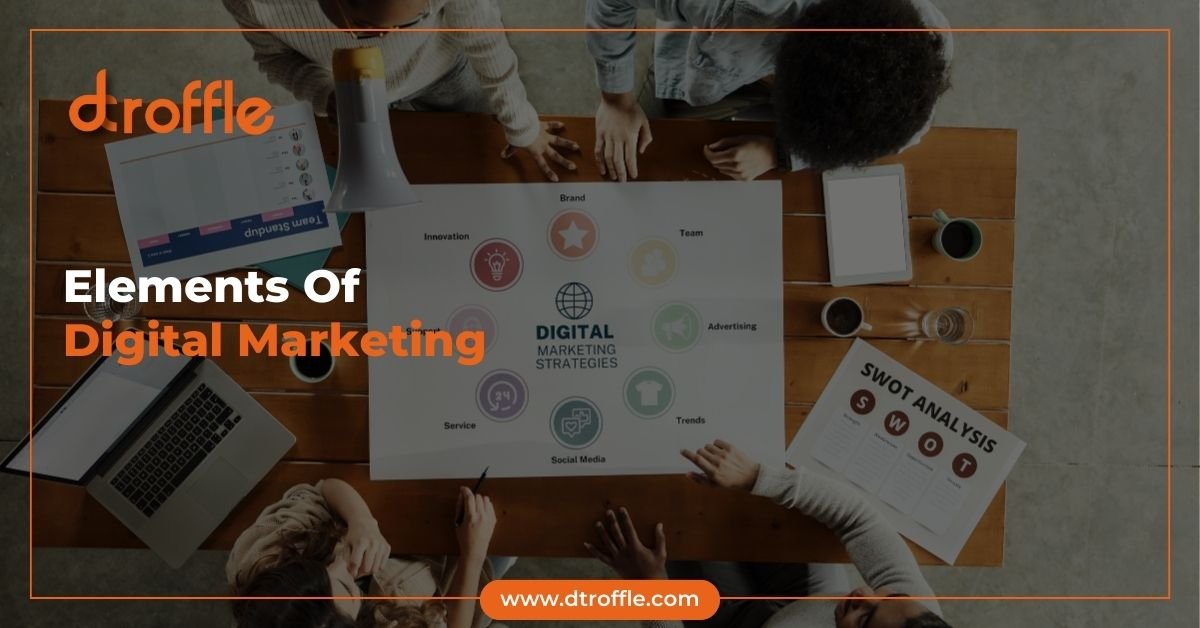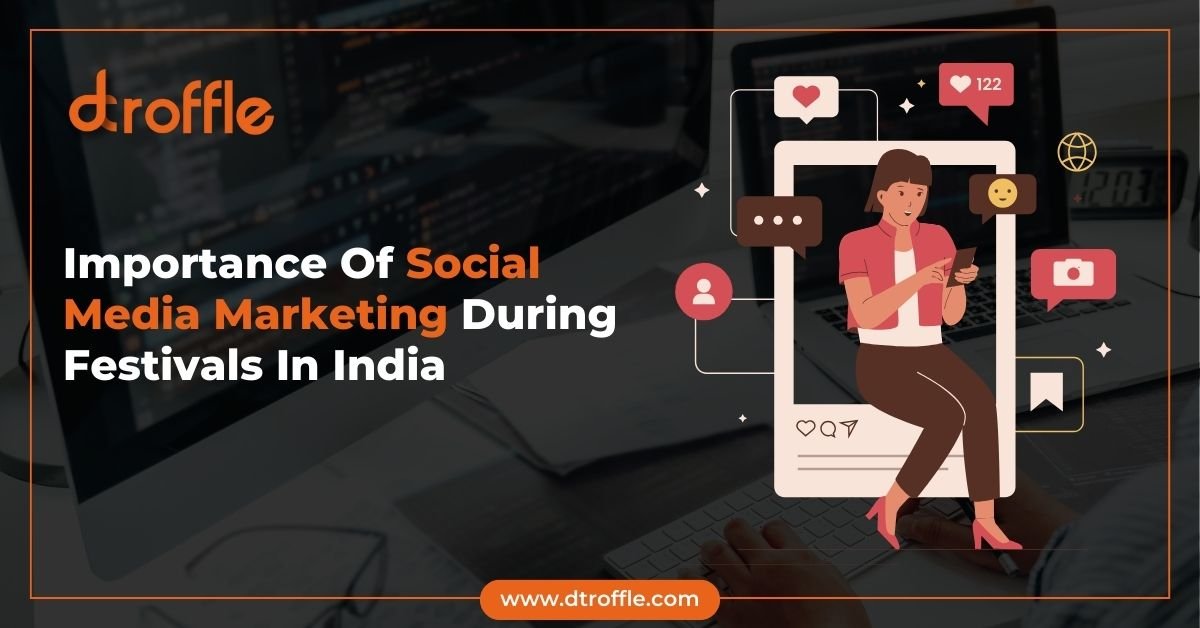Digital marketing encompasses a variety of strategies and tools aimed at promoting products and services online. Understanding its core elements is essential for developing an effective digital marketing strategy. Here are the key elements of digital marketing:
1. Search Engine Optimization (SEO)
What is SEO?
SEO (Search Engine Optimization) is the process of optimizing your website to rank higher in search engine results pages (SERPs), thereby increasing organic (non-paid) traffic to your site.
Why is SEO Important?
High rankings in SERPs lead to increased visibility and credibility, which can drive more traffic and potential customers to your website.
Key SEO Practices:
- Keyword Research: Identifying relevant keywords your target audience is searching for.
- On-Page SEO: Optimizing individual web pages, including title tags, meta descriptions, and content.
- Off-Page SEO: Building backlinks from other reputable websites.
- Technical SEO: Ensuring your website is mobile-friendly, fast, and easy to navigate.
2. Content Marketing
What is Content Marketing?
Content marketing involves creating and distributing valuable, relevant, and consistent content to attract and engage a target audience.
Why is Content Marketing Important?
It helps build trust and authority, improve SEO, and guide customers through the sales funnel.
Key Content Marketing Practices:
- Blog Posts: Writing informative and engaging articles.
- Infographics: Creating visual content to simplify complex information.
- Videos: Producing engaging video content for platforms like YouTube and social media.
- E-books and Whitepapers: Offering in-depth information on specific topics.
3. Social Media Marketing
What is Social Media Marketing?
Social media marketing involves using social media platforms to promote products or services, engage with customers, and build brand loyalty.
Why is Social Media Marketing Important?
It provides a direct channel to interact with your audience, increase brand awareness, and drive traffic to your website.
Key Social Media Marketing Practices:
- Platform Selection: Choosing the right platforms (e.g., Facebook, Instagram, LinkedIn) based on your audience.
- Content Creation: Posting relevant and engaging content regularly.
- Advertising: Running paid ads to reach a broader audience.
- Engagement: Responding to comments and messages and engaging with followers.
4. Pay-Per-Click (PPC) Advertising
What is PPC Advertising?
PPC advertising involves paying for ads that appear in search engine results or on social media platforms. Advertisers pay a fee each time their ad is clicked.
Why is PPC Advertising Important?
It provides immediate visibility and can drive targeted traffic to your website.
Key PPC Advertising Practices:
- Keyword Research: Identifying keywords to bid on.
- Ad Creation: Designing compelling ads that attract clicks.
- Landing Page Optimization: Ensuring landing pages are optimized for conversions.
- Performance Monitoring: Tracking and adjusting campaigns based on performance data.
5. Email Marketing
What is Email Marketing?
Email marketing involves sending targeted emails to your audience to promote products, share news, or nurture leads.
Why is Email Marketing Important?
It provides a direct line of communication with your audience and can yield a high return on investment (ROI).
Key Email Marketing Practices:
- List Building: Growing a list of subscribers who are interested in your content.
- Segmentation: Dividing your list into segments based on demographics, interests, or behaviors.
- Personalization: Crafting personalized messages for each segment.
- Automation: Setting up automated email sequences to nurture leads and drive sales.
6. Analytics and Data Analysis
What is Analytics and Data Analysis?
Analytics involves tracking and analyzing data from your digital marketing efforts to measure performance and inform decisions.
Why is Analytics Important?
It helps you understand what’s working and what’s not, allowing you to optimize your strategies for better results.
Key Analytics Practices:
- Google Analytics: Google Analytics is used to track website traffic and user behavior.
- Conversion Tracking: Measuring how well your marketing efforts convert visitors into customers.
- A/B Testing: Testing different versions of content or ads to see which performs better.
- Reporting: Regularly reviewing and reporting on key metrics.
7. Influencer Marketing
What is Influencer Marketing?
Influencer marketing involves partnering with influencers who have a large following to promote your products or services.
Why is Influencer Marketing Important?
It can enhance brand credibility and reach new audiences through trusted voices.
Key Influencer Marketing Practices:
- Finding the Right Influencers: Identifying influencers who align with your brand values.
- Building Relationships: Engaging with influencers to create genuine partnerships.
- Campaign Planning: Designing campaigns that allow influencers to promote your brand authentically.
- Monitoring Results: Tracking the impact of influencer partnerships on your marketing goals.
Conclusion
Integrating these elements into your digital marketing strategy, Dtroffle can significantly enhance your online presence and drive business growth. You can create a comprehensive approach that reaches and engages your target audience by leveraging SEO, content marketing, social media marketing, PPC advertising, email marketing, analytics, and influencer marketing.








